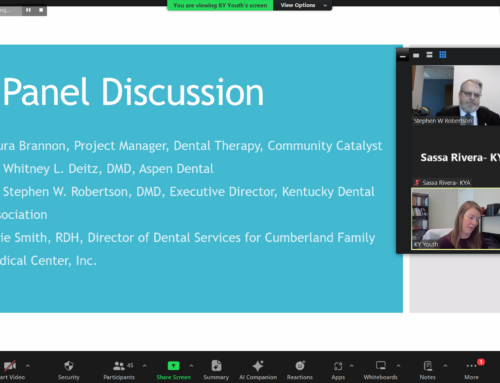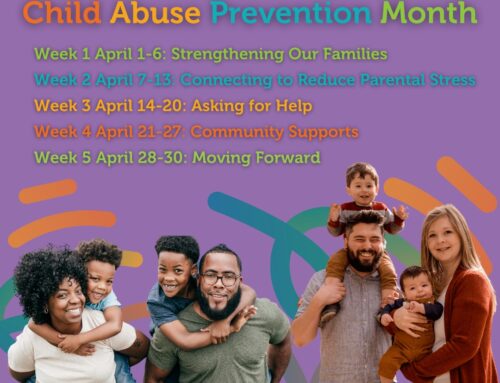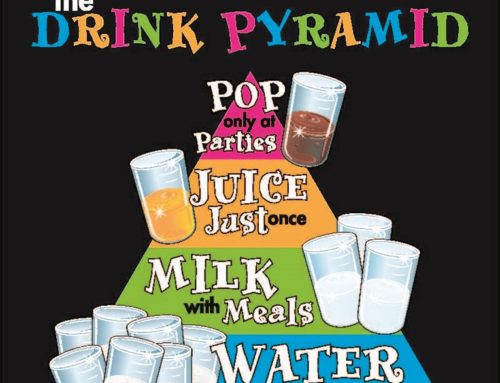 KOHC has been a longtime advocate for a more integrated approach to medical and dental care because we know there is a strong connection between good oral health and overall health. Integrating dental and medical care can improve health outcomes as tooth decay has been linked to diabetes, cardiovascular disease, and other adverse medical conditions.
KOHC has been a longtime advocate for a more integrated approach to medical and dental care because we know there is a strong connection between good oral health and overall health. Integrating dental and medical care can improve health outcomes as tooth decay has been linked to diabetes, cardiovascular disease, and other adverse medical conditions.
Finding ways to pair medical and dental care for patients can improve overall health outcomes and may look different across care settings. Dental providers have been providing screenings for health conditions such as blood pressure for many years, but there is opportunity to expand this practice by screening for additional health needs that impact a patients’ oral health. These screenings can include chronic health conditions such as diabetes and other social determinants of health like housing stability and nutrition. Additionally, dentists can be trained to provide certain immunizations to patients while in the dental office, such as the human papillomavirus (HPV), COVID-19, and flu vaccine.
For medical providers, this integration of oral health care begins in their schooling. The 100 Million Mouths Campaign is dedicated to enhancing medical school curriculum across the nation by including oral health content and bridging the gap in oral health access. In practice, medical professionals can include oral health screens to identify when a patient has an urgent dental need and requires a referral to an oral health provider. Medical professionals can also utilize the Smiles for Life curriculum to learn how to integrate oral health services, such as fluoride varnish application, into a medical clinic.
In addition to these clinic-level changes, systemic changes can be made to help improve the integration of oral health and medical care. Many individuals report that they would like a more streamlined approach to these two systems, citing changes like one insurance provider for medical and dental coverage and co-located services to visit the dentist and doctor in the same place.
Whether it’s adding a screening to a routine medical or dental visit or fully integrating services in the same office, medical-dental integration is an important step in addressing whole-person health.
Tune in to a webinar presentation from the CareQuest Institute for Oral Health on August 18th at 1pm ET to learn more about medical-dental coordination and integration.





